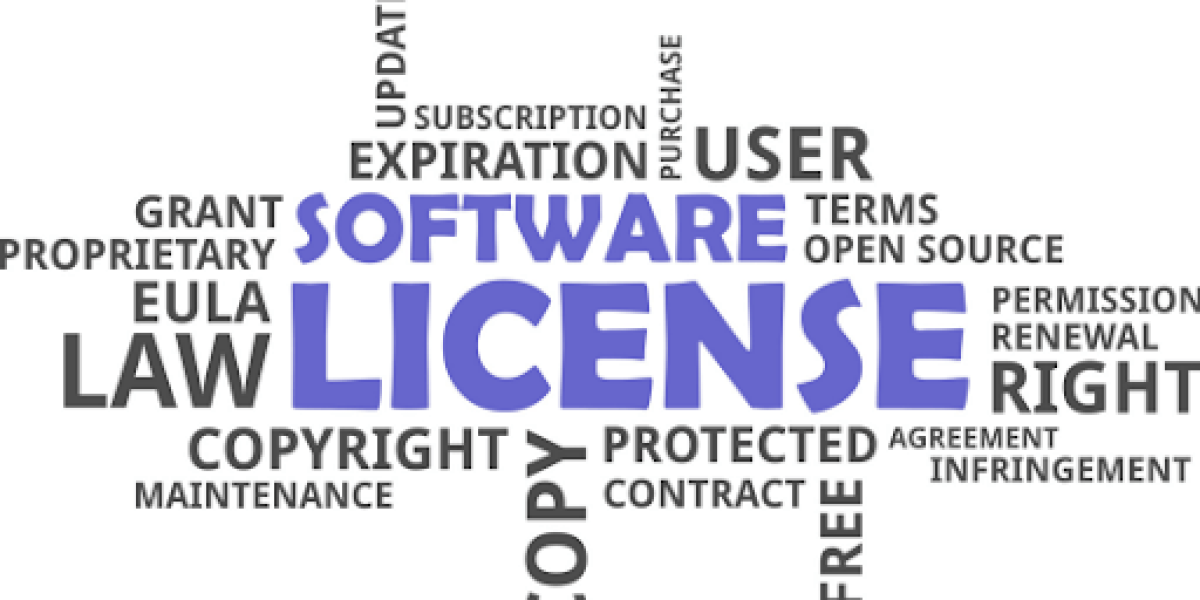Have you ever pondered the purpose behind encountering a license agreement window every time you install new software? This agreement, often overlooked, is known as an End-User License Agreement, or simply, EULA. Frequently, users skim through its clauses, hastily clicking the “accept” button without fully understanding its implications.
Explaining End-User Licence Agreements (EULAs)
In essence, an End-User License Agreement (EULA) is a legal contract that grants users permission to utilize an application or software. It is a prerequisite before purchasing, installing, or downloading software provided by a service provider. For IT companies, EULAs serve as a crucial tool for safeguarding software ownership rights and informing users of their responsibilities. This agreement establishes a license enabling end-users to utilize the software or application, involving two parties: the software provider or creator and the buyer or end-user.
Importance of EULAs for Software Developers
For software developers, integrating a comprehensive EULA with their software distribution is imperative. Not only does it safeguard the business’s rights and interests, but it also sets clear usage guidelines and user expectations. Here’s when a EULA becomes necessary:
1. Rights Disclosure:
Ensuring legal disclosure of end-user rights.
2. User Levels:
Managing different user levels, such as registered versus non-registered users.
3. Selling or Trading:
Facilitating user transactions within the platform.
4. Affiliations:
Participation in affiliate programs.
Users must consent to the EULA terms before accessing or installing the software. For instance, Adobe Flash Player prompts users to accept the EULA before installation. By providing a license with defined terms and restrictions rather than ownership, developers retain control over software distribution and usage, crucial for enforcing additional terms and conditions.
EULA vs. Terms of Service
Although similar, EULAs and terms of service have distinct focuses. While terms of service encompass broader aspects of the business-user relationship, EULAs primarily concentrate on licensing agreements. Nonetheless, both serve to protect the interests of software developers and maintain legal compliance.
Key Parameters for Drafting EULAs
When crafting a EULA, software companies should adhere to certain parameters:
1. Identification:
Accurately reflecting software and end-user requirements.
2. Rules Establishment:
Clearly outlining user behavior and access regulations.
3. Intellectual Property Disclosure:
Specifying copyright and intellectual property rights, including usage and distribution limitations.
4. Liability Disclaimers:
Incorporating disclaimers and liability limitation clauses to mitigate legal risks.
5. Additional Details:
Including termination conditions, obligations, and user restrictions.
The Benefits of Well-Crafted EULAs
End-User License Agreements (EULAs) serve as vital legal documents for protecting software companies’ intellectual property rights, establishing usage rules, and limiting liability in legal disputes. By ensuring transparency and clarity in the software licensing process, EULAs mitigate misunderstandings, disputes, and costly legal challenges. Ultimately, a meticulously drafted EULA benefits both software companies and users, fostering a fair and transparent understanding of usage terms while safeguarding the interests of all parties involved.
– Written by Kanika Meena.
Subscribe to MTLegal Team blogs to stay informed about the industry insights and latest developments in the legal landscape.









